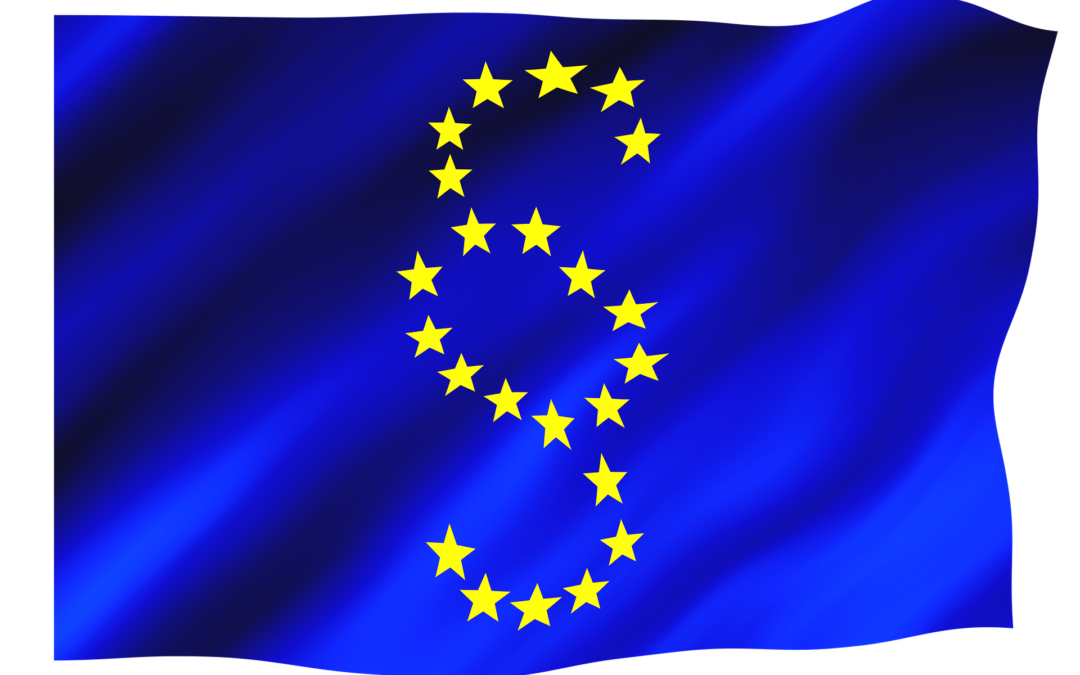Two significant antitrust milestones were reached in 2021. First, the success of the EU’s digital regulatory efforts — most notably the bloc’s Digital Markets Act (‘DMA’) and Digital Services Act (‘DSA’). The second milestone is the judgment of the General Court on the Google Shopping case, adopted on 10 November 2021, where it dismissed, for the most part, the action brought by Google, and upheld the fine imposed by the European Commission (‘Commission’)[1].
Yet, the Google Shopping case cannot be dismissed as resolved. As a key complainant in the Shopping case, Kelkoo has first-hand experience of the damage caused by large digital gatekeepers to businesses and consumers, globally. A “cease and desist” Commission decision has translated into remedies crafted by Google and their lawyers. EU Commissioner for Competition, Margrethe Vestager, has subsequently acknowledged that the remedies should have been more aggressive and “restorative.” [2]
Antitrust investigations, take a long time and Big Tech appears to be unfettered by paying big fines if it doesn’t need to change its business practices, as billion dollar profits continue to roll in. Therefore, the Commission proposed new legislation, the DMA, which should enable quicker responses from the Commission when dealing with the fast-evolving tech markets. More precisely, the DMA is designed to force Big Tech companies, such as Google, to obey a list of 18 prohibitions and obligations[3]. This list is structured as self-enforcing and sets out clearcut rules to platforms about what is illegal.
However, this law poses a challenge. Compliance in certain areas (e.g., interoperability) is easily predictable and recognisable. Concerns related to the compliance concerning self-preferencing are, on the other hand, not so straightforward, especially when cases about self-preferencing are ongoing or still before the courts. The DMA, therefore, brings into question the “self-enforcing” nature of the law. We are likely to see in the near future a stand-off between a tech platform and the Commission over what constitutes compliance.
In the past 10 years of fighting Google for fair competition, we have witnessed its endless delaying tactics and attempts to distract from the issues with irrelevant data and technical details. In our view, Google is unlikely to change its tactics anytime soon, continuing to play for time while crushing competitors. The Commission has promised to beef up its teams and tackle Big Tech head on. Google and others will counter by increasing their spend on lawyers, lobbyists and PR campaigns to play for time.
In conclusion, the DMA has provided so far too few answers on why and how gatekeepers are going to comply with this new antitrust tool. Instead, the DMA will be hamstrung by unresolved antitrust cases, and without acknowledging what went wrong in the past and rectifying it. We expect to see litigation with regard to the enforcement of the DMA as well as legal uncertainty regarding the enforcement of the DMA in the future while Big Tech continues to grow and crush competitors at the detriment of consumers.
[1] Judgment in Case T-612/17, Google and Alphabet v Commission (Google Shopping), (PRESS RELEASE No 197/21, Luxembourg, 10 November 2021) https://curia.europa.eu/jcms/upload/docs/application/pdf/2021-11/cp210197en.pdf
[2] Google Shopping tweaks trigger ‘substantial increase’ in take-up of rival services, Vestager says (MLex, 10 February 2020) https://content.mlex.com/#/content/1161453?referrer=search_linkclick
[3] Articles 5 and 6 of the Commission’s DMA proposal provide for 18 obligations and prohibitions on gatekeepers. https://ec.europa.eu/info/sites/default/files/proposal-regulation-single-market-digital-services-digital-services-act_en.pdf

